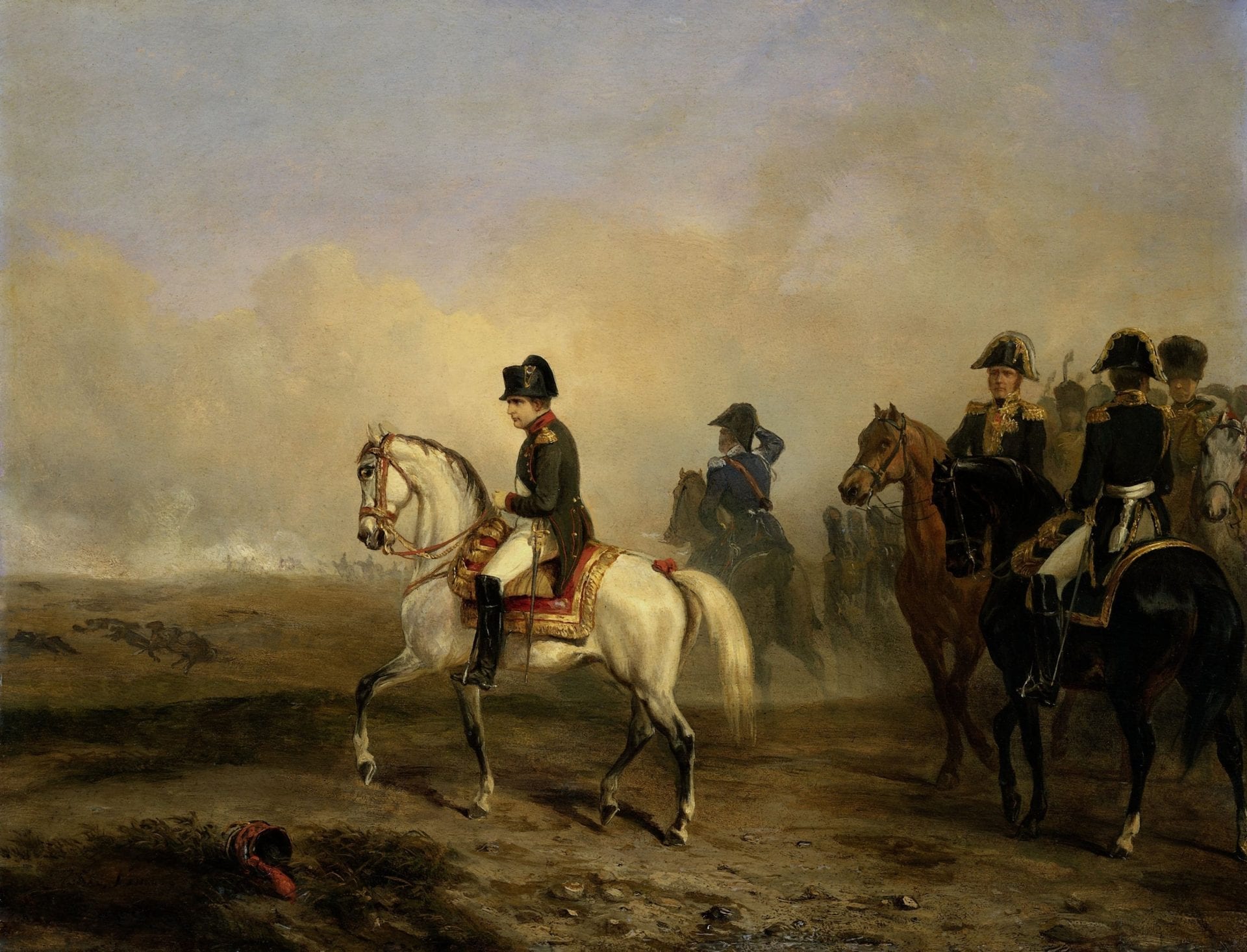UCF Anthropology Alumna Attracts International Attention

Sammantha Holder is a University of Central Florida alumna whose academic research surrounding dietary analysis is being internationally recognized by mainstream media.
Holder graduated from UCF in 2013 with a master’s degree in anthropology where she conducted research that is now attracting considerable attention. The Guardian, Archaeology Magazine and National Radio Australia, which is similar to our NPR, have contacted Holder to cover her fascinating work.
Holder’s research was part of her MA thesis, which reconstructed the long-term diets of multi-ethnic soldiers and civilians connected with Napoleon’s Grand Army, which was associated with the Russian Campaign of 1812.
She reconstructed their diet through stable isotope analysis of femur bones, also known as biochemical analysis. Specifically, Holder uses a stable isotope analysis on the samples to determine what they ate.
 Holder and her collaborators conducted this analysis on 78 individuals recovered from a salvage excavation at the mass gravesite of Šiaurės miestelis in Vilnius, Lithuania. They discovered a significant degree of dietary variation compared to contemporary European and military populations.
Holder and her collaborators conducted this analysis on 78 individuals recovered from a salvage excavation at the mass gravesite of Šiaurės miestelis in Vilnius, Lithuania. They discovered a significant degree of dietary variation compared to contemporary European and military populations.
“Dietary variation in Napoleon’s army is likely related to ethnic origins and social stratification among soldiers and civilians,” Holder explained. “The individuals that made up the army came from all over Europe and represented a diverse array of socioeconomic statuses.”
Holder first became interested in bioarchaeology and stable isotope analysis during her final year of undergraduate studies. Studying skeletal remains and learning about the lives of people from the past is what sparked her passion.
“My long-term interest in this field of research was solidified when I began working with Dr. Dupras,” Holder expressed. “Her mentorship has provided me with numerous opportunities to gain experience in the lab and in the field, including my work with Napoleon’s army.”
According to Holder, there is a lot of historic research that focuses on Napoleon Bonaparte and his military campaigns but very little research focuses on individual soldiers. And the soldier accounts that do exist are usually from officers or soldiers who could read and write.
“This research provides us insight into the lives of individuals who may not have left written records behind and are frequently overlooked in historic narratives,” Holder said.
Holder’s research in the field will continue with exploring how starvation may have affected isotopic signatures in the skeleton. How inadequate diets, especially in regards to protein, impact the human skeleton is still hotly debated.
“We hope our future research will contribute to this debate and understanding of how protein malnutrition may or may not impact isotopic signatures in bone,” Holder explained.
Holder’s MA research has raised many new questions regarding diet and nutritional stress in Napoleon’s Army, which provided her with an opportunity to continue to work with this sample for her dissertation research.
“I will be reconstructing diet associated with military service and investigating nutritional stress by employing additional biochemical methods and analyzing different parts of the skeleton,” Holder said.
Holder is now attending University of Georgia where she’s pursuing a doctoral degree in anthropology and an interdisciplinary certificate in university teaching. She plans to graduate in spring or fall of 2019 and her goal is to acquire a career in academia as an educator and researcher.
“The anthropology program at UCF, in particular, prepared me for a career in academia through coursework, research opportunities and mentorship,” Holder said.
Holder will travel to Lithuania in the summer to collect additional skeletal material to begin the next steps in her dissertation research.
